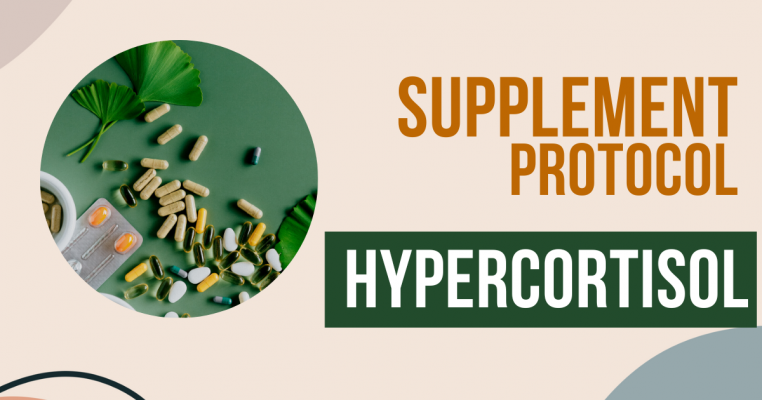Stress is a common part of daily life, but it can have serious consequences on your overall health, particularly if you have an autoimmune disorder.
Autoimmune disorders are conditions in which the body’s immune system attacks its own healthy cells, leading to a range of symptoms and complications. In this blog post, we will explore the relationship between stress and autoimmune disorders, and discuss some strategies for managing stress to improve your overall health and wellbeing.
Autoimmune disorders are a diverse group of conditions that affect millions of people around the world. Some of the most common autoimmune disorders include rheumatoid arthritis, lupus, multiple sclerosis, and inflammatory bowel disease. These conditions can be chronic and debilitating, and can significantly impact a person’s quality of life.
One of the key factors that can affect the development and progression of autoimmune disorders is stress. Chronic stress can lead to an overactive immune system, which in turn can trigger autoimmune responses and exacerbate existing autoimmune conditions. This is because stress can alter the balance of hormones and chemicals in the body, leading to inflammation and other immune system responses.
In addition to its effects on the immune system, stress can also worsen the symptoms of autoimmune disorders. For example, stress can cause increased muscle tension, leading to joint pain and stiffness in people with rheumatoid arthritis. Stress can also cause digestive problems, such as stomach pain and diarrhea, in people with inflammatory bowel disease.
The HPA Axis & Hormones
The hypothalamic-pituitary-adrenal (HPA) axis is a key part of the body’s stress response system. When the body experiences stress, the HPA axis is activated, leading to the release of hormones such as cortisol and adrenaline. These hormones help the body to respond to the stressor, but can also have negative effects on the immune system.
Chronic stress can lead to overactivation of the HPA axis, resulting in the constant release of stress hormones. This can lead to inflammation and other immune system responses, which can worsen autoimmune disorders. In addition, high levels of cortisol can suppress the immune system, making it less able to fight off infections and other health threats.
Managing stress can help to regulate the HPA axis and reduce the negative effects of stress hormones on the immune system. Engaging in regular physical activity, eating a healthy diet, and seeking support can all help to reduce stress and improve overall health. In some cases, medications or other therapies may be recommended to help regulate the HPA axis and manage stress.
Ways to Manage Stress
There are several ways to manage stress and improve your overall health if you have an autoimmune disorder.
One of the most effective strategies is to engage in regular physical activity. Exercise has been shown to reduce stress and improve immune function, making it a great way to manage autoimmune disorders. Other stress-reducing activities include meditation, deep breathing, and yoga.
Another important way to manage stress is to eat a healthy diet. A balanced diet can help to regulate the immune system and reduce inflammation, which can in turn help to manage autoimmune disorders. Eating a diet rich in fruits, vegetables, and whole grains, and limiting your intake of processed and sugary foods, can help to improve your overall health and wellbeing.
In addition to these lifestyle changes, it is also important to seek support from friends, family, and healthcare providers. Having a support system can help to reduce stress and improve your overall health. If you are struggling with stress, don’t hesitate to reach out for help. We can offer advice and support, and may be able to recommend therapies or approaches to help you manage your stress and autoimmune disorder.
In conclusion, stress can have a significant impact on autoimmune disorders, worsening symptoms and exacerbating existing conditions. However, by making lifestyle changes and seeking support, it is possible to manage stress and improve your overall health. If you have an autoimmune disorder, don’t hesitate to take steps to manage your stress and improve your health.

A Step in the Right Direction
Your return to health starts by signing up for an insightful Health Advocacy Session. Learn more about our programs today.
The Wellness Journal







